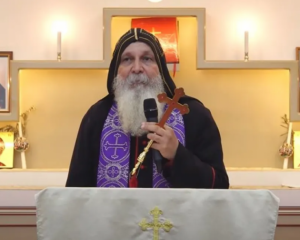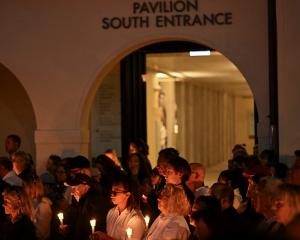In a hi-tech presentation in a media centre once used to host Cold War-era press conferences, one of President Vladimir Putin's favourite journalists outlined plans meant to repair the damage done to Russia's image during the crisis in Ukraine.
Although Moscow denies reverting to Soviet-style techniques, Russian media executives acknowledge privately they are waging a propaganda war with echoes of the Cold War.
"We are against the aggressive propaganda that is feeding the world," Dmitry Kiselyov, a conservative television anchor who heads the Rossiya Segodnya media outlet created by Putin last year to promote Russia's image abroad.
"We will provide an alternative interpretation of the world, of course. There is demand for this."
His remarks were a dig at the United States, which Putin accuses of trying to impose its will on the rest of the world, including during the Ukraine crisis which has left Moscow's relations with the West at their lowest ebb since the Cold War.
Widely regarded as one of Putin's chief propagandists, Kiselyov hosts a weekly current affairs programme which spits venom at the West, supports Putin, portrays Ukraine as overrun by fascists and supports Russia's conduct in the crisis.
Standing on a stage in front of a huge screen showing a starry sky which gave way to television footage from around the world, Kiselyov said Sputnik would have "news hubs" in 30 cities including Washington, London, Berlin, Paris, Rio de Janeiro and the capitals of a host of former Soviet republics.
Its operations will include news wires, a radio station, an Internet site, applications for mobile phones and social media as well as press centres in some countries. Some of the hubs could have up to around 100 staff, Kiselyov said.
In an echo of Radio Moscow, the foreign-language Soviet-era station that was beamed abroad, Sputnik aims to be broadcasting in 34 countries, in 30 languages by the end of next year.
Kiselyov would not be drawn on costs, but one official suggested money was of little object.
Most Russian media outlets are loyal to Putin, and opponents get little air time, but the president regards keeping a tight grip on them as an important part of his hold on power.












